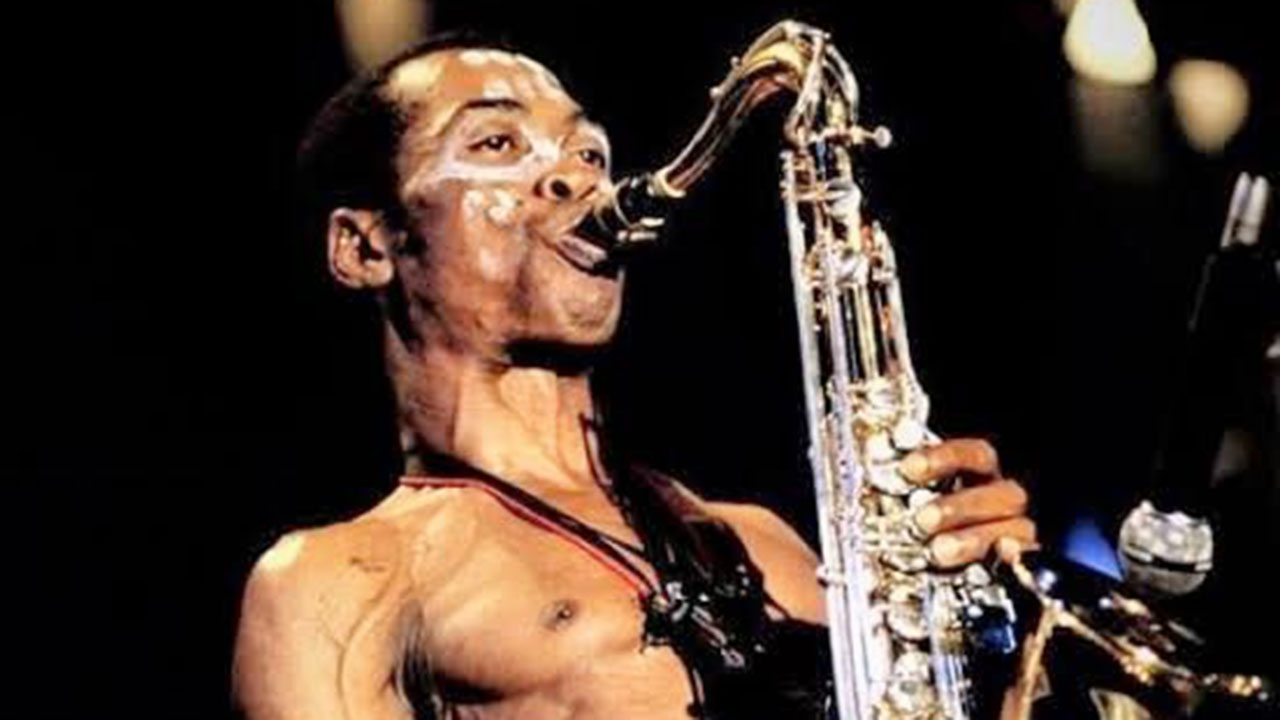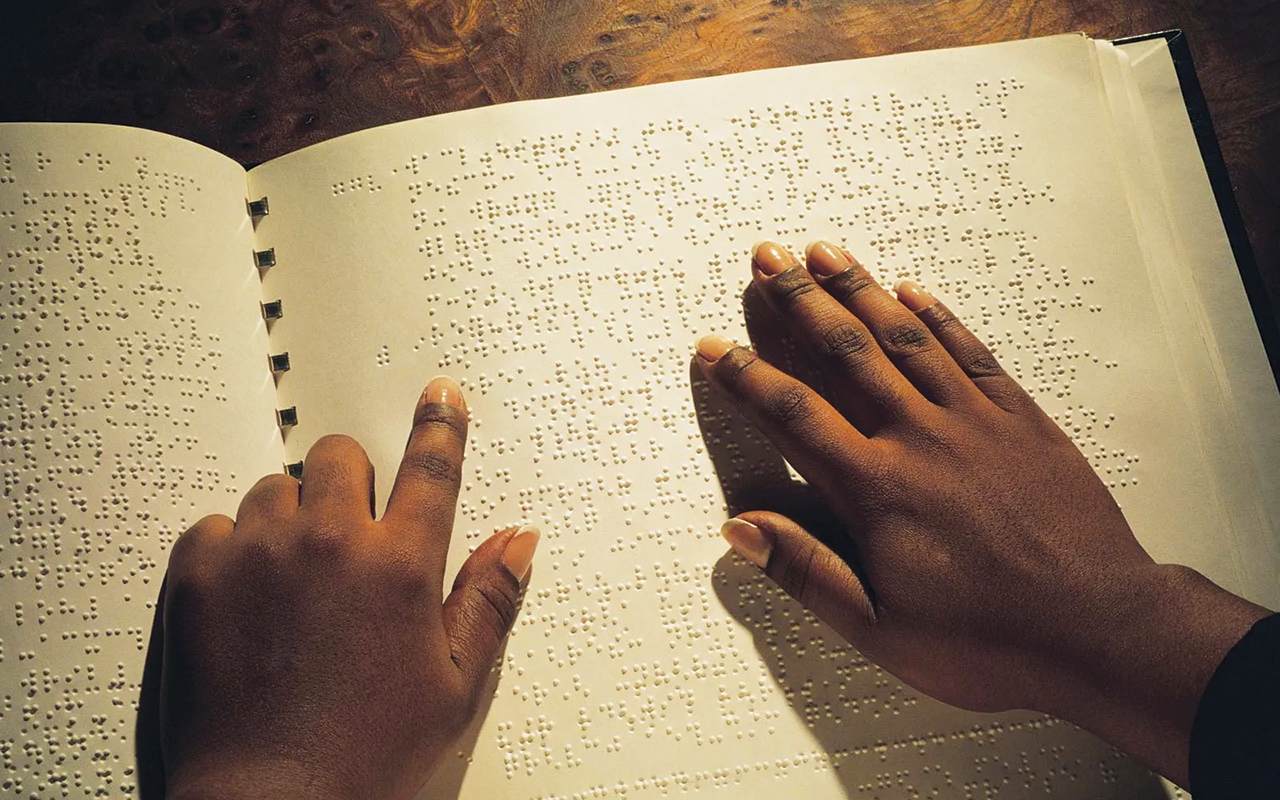In Inua Ellam’s “The Half God of Rainfall”, Zeus, the thunder-god of Greek mythology loses a bet to Sango, his equivalent among Yoruba deities and proceeds to violate Modupe, a mortal who bore a child called Demi described by the poet & playwright thus: “Half Nigerian mortal. Half Grecian God. Half-child of Zeus. Half-lord of river waters”. Demi grows into a celebrated basketball player and nurses an ambition to avenge the crime against his mother. The recombination of deities may initially seem sensational but not for too long. Once primed, the readers’ imagination is engined by the revenge plot and fanfare rise to fame of its hero Demi all of which is vividly rendered by Ellam’s powers of memorable description.
Currently a stage play until May 17th at Kiln Theatre in London, “The Half God of Rainfall” is also available as an epic poem in verse, published by Fourth Estate (UK). The constellations of Greek and Yoruba gods in Ellam’s story have been whittled into a two-hander staring Kwami Odoom as Demi and Rakie Ayola as Modupe, his wronged mother. Odoom is mixed race and of very light complexion, a simplified way to suggest his mytho-genetic make-up while Ayola has a graceful athletic built that may be coincidental to the plot but makes for a strong physical presence on stage.
If in the opening pages the reader is asked to suspend too much belief, by page 40 a sentence such as “Sàngó owes Zeus. Fail and Sango’s thunderbolts will be your nightmares” does not creak in the ear. It is, in fact, a complete flush and this is true of the chunky passages where false notes are, otherwise, easily detected:
“They launched off the Plain of Thessaly in Greece, off the Meteora monasteries. Zeus galloped into speed, Sàngó’s bolt behind, beneath, a crease in the night skies shedding storm clouds, leaving Europe, crossing the Mediterranean. Zeus dipped, swerved into Sàngó’s path who to avoid the clash up, turned sharply and smashed into the Acacus herd of stout mountains in western Libya. Zeus flashed forward but Sàngó’s anger powered him ahead over Niger, where Zeus blinded him with a blast of light and in the chaos cheated, strapped Hermes – winged Greek messenger God, to his chariot’s shaft”.
The gods’ and their machinations – in the text – are absorbed into the story’s narration and the moral universe so well that detecting incongruities begin to resemble the petty pickings of a distrusting reader or audience member. One example encapsulates this problem when ex-NBA player and Nigerian-American, Hakeem Olajuwon, is offered gin by Demi of which the avowed Muslim “took a large last gulp and shunned Demi’s offer of more”.
The problem is Olajuwon was a practising Muslim as a player and courted controversy with his team and adulation from fans when he insisted on fasting through crucial games. Will this plot detail sound a false note to any reader or audience member in possession of this fact? Does this matter in an epic poem or play about errant gods and vengeful humans? Such instances ought to make a certain reader/audience more alert to what detail should or should not be scrutinised.
Ellams is a gifted poet and has thankfully chosen not to dazzle with language for its sake. Service to the story is prioritised and for this reason, the shine of his imagery often sparkle. And so, momentary enjoyment does not scupper narrative momentum as in his depiction of a starry night sky as “jewelling darkness”. Occasionally, Ellam’s temptation for lofty thinking recalls the grandness of Ben Okri’s mystic poems such as this nugget found on the same page: “We hardly exist! We’re hope. Nothing else. Yet, our deepest fear is not our insignificance but that we’re free, immeasurable”.
The architecture and plot progression of “The Half God of Rainfall” would resemble that of Hollywood blockbusters, not least superhero movies, or any film traditions that steadily build from inciting incident to big crescendo and a coda for balance. And yes, Ellams is 34 years old and is an enthusiast for basketball and comics. He is also a successful poet and playwright, a field where game rules for dramatic theory were set by Aristotle in “Poetics”, which Wikipedia will tell you, was written as far back as 335BC.
[ad unit=2]






